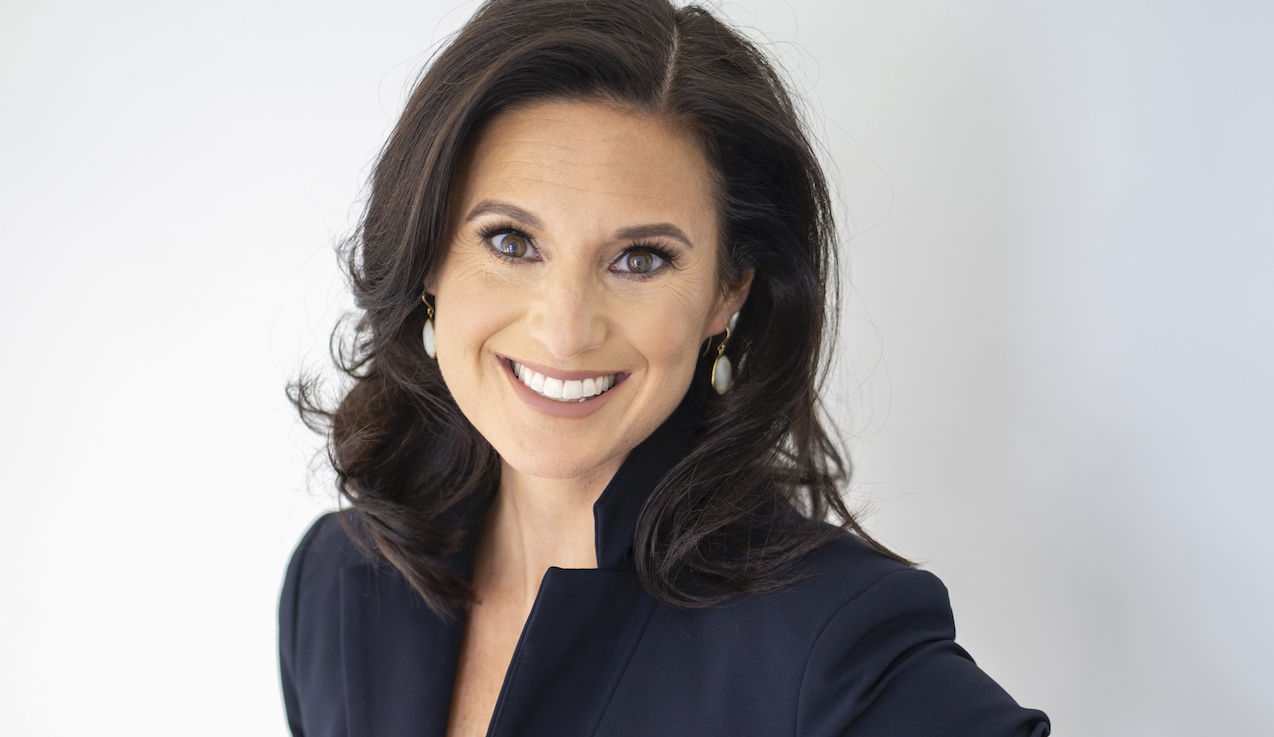Last week my husband and I were invited to a small neighborhood gathering hosted by our community's health system. A number of new initiatives were announced, but the one that resonated the most with the attendees (most of whom were parents) was the one about the mental health facility's new pediatric floor. The irony is that the facility is only steps away from our community's most selective college. Within moments of the announcement, the conversation shifted to me.
Parents wanted to know what I thought about the growing resources for psychological services available on college campuses. They asked about how mental health issues are handled in the admissions process. And they wanted my opinion on how to show that a student overcame these issues in their application.
I explained that colleges are scrambling to handle the growing number of students who seek psychological and mental health support while on campus. Many colleges have come under fire for limited resources, understaffing, and unfriendly policies on leaves of absences and re-entry for students dealing with mental health issues. But the fact is that every college is trying to do more. They can't bear to lose another student, both from a public relations and a community standpoint.
If our children are afraid to share their struggles in fear of this being held against them in the admissions process, they will not be fully prepared or fully supported once they get to college. It is time to make the admissions process student-centered, student-supported, and free of discrimination for all.
However, admissions offices have generally acted independently of these efforts. They do their own thing. And they typically do it privately with little to no input from other departments on campus. Students dealing with health-related issues have long been targets of discriminatory admissions practices. Bringing up the fact that a student is on the spectrum or deals with ADHD, ADD, depression, or an eating disorder can be the quickest way for a student to be denied. Even if the student has overcome an issue, the admissions officer sees this as a red flag.
And those students dealing with physical disabilities are not exactly in the clear either. They too face discrimination by admissions officers who focus on the demands this student would place on the college. Because most selective colleges hide behind a holistic admissions process, admissions offices never have to explain why a student wasn't admitted.
I understand the mindset of a dean of admissions. I used to be one. It is an enormous responsibility to sign off on an acceptance or literally sign an acceptance letter. However, if the dean or her staff is using a student's disability as a reason not to admit a student, the college is violating federal law through the Americans with Disabilities Act (ADA).
Admissions officers need more training through the college's legal department, mental health professionals, and students who live with these disabilities (both mental and physical) on campus. In 2019, there is no excuse for an admissions officer to be unaware of the ADA. In addition, admissions offices would benefit from an in-house professional on staff to provide ongoing training and oversight on how to evaluate these applications fairly.
RELATED READING: Navigating Food Allergies and the College Admissions Process
The journey for a student with disabilities often begins and ends in the admissions office. Yet the National Institute of Mental Health indicates that nearly one in five of us will experience a mental health issue in our lifetime. In fact, we can extrapolate that one in five admissions officers are secretly dealing with their own mental health issue.












